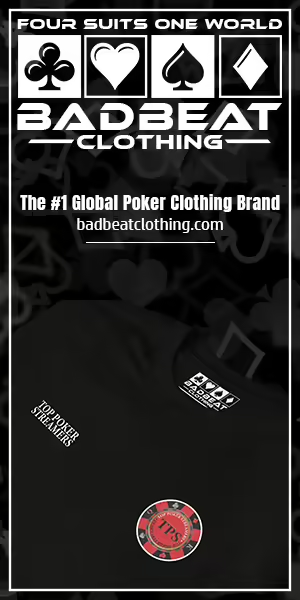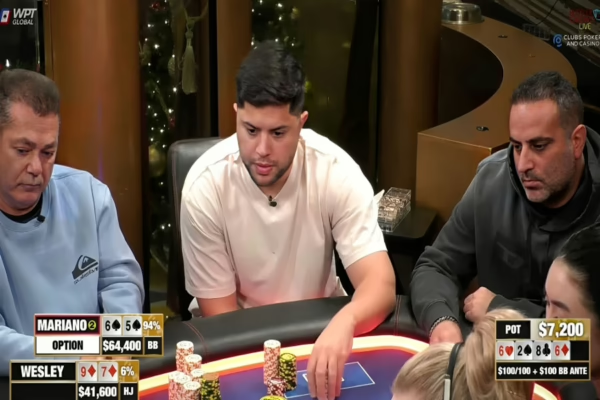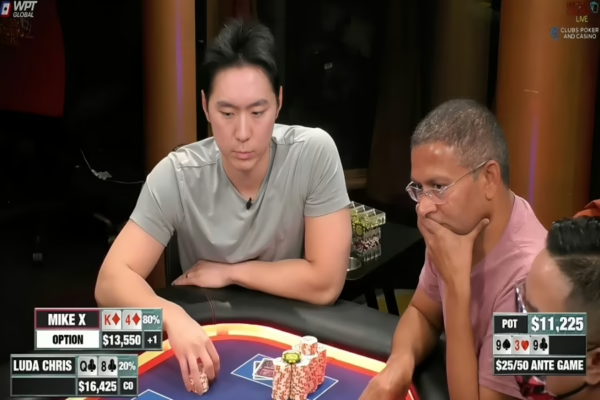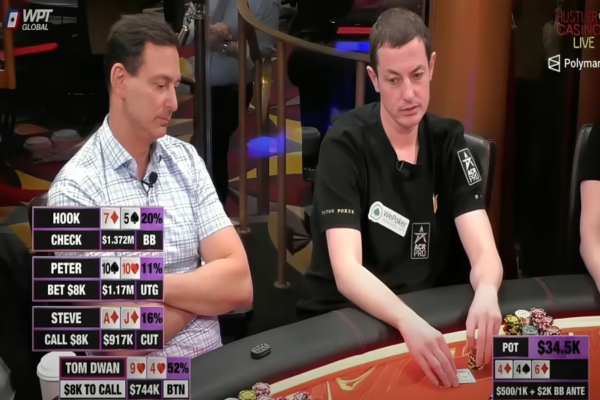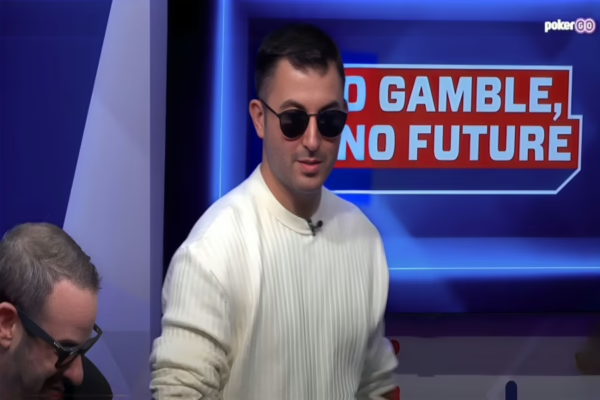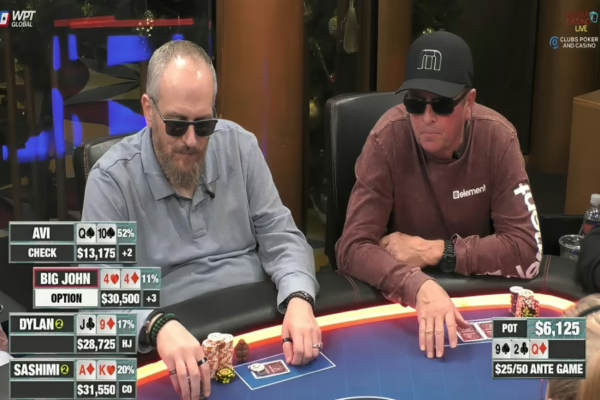Rampage Scammed: X Marks the Spot for high Stake Scandals”

In high-stakes poker reputation is paramount, but recent disputes reveal that trust is fragile. Ethan “Rampage” Yau, a popular poker vlogger and WPT ambassador, recently took to X (formerly known as Twitter) on November 11, 2024, to share his frustrations about unpaid debts and questionable practices in the betting community. This public call-out highlights a larger trend where players use X as a platform of last resort to expose individuals who owe money or are suspected of cheating.
Rampage Speaks Out on Unpaid Debts
Rampage’s grievance became clear yesterday, November 11, 2024, when he posted, “Time to call out my scammer of 2024,” targeting Neema Khazaie, a sports betting agent, for holding onto a substantial amount of his funds. His story began with a return to sports betting, where he reportedly lost over $600,000. Initially, Khazaie managed Rampage’s bets smoothly, providing excellent service as Rampage sent funds through PayPal and Zelle. However, the issues began in October when Rampage tried to withdraw around $37,000. Instead of receiving his payout, he was met with excuses and silence from Khazaie. Over time, the amount owed ballooned to over $138,000, including Rampage’s $80,000 deposit.
Rampage didn’t hold back, detailing how his account was unfairly restricted after a minor upswing and questioning Khazaie’s approach. He even took a humorous jab, Suggesting that while Khazaie might not be trustworthy for payouts, he’s a great contact if you need “the BEST deals” on insurance and auto brokerage.
A Pattern of Public Exposures
Rampage’s experience is not an isolated incident. In December last year, the high-stakes poker community witnessed an explosive series of accusations. Nik “Airball” Arcot took to X to reveal a betrayal he said left him “hurt and upset.” Airball claimed he had been cheated out of over $1 million by Ye Shen, also known as “Tony & Mars.” According to Airball, Shen used a mechanic dealer and specialized see-through cards combined with contact lenses to gain an advantage during their poker games.
Wesley Fei Added to the Accusations
Shortly after Airball’s accusation, high-stakes ex-regular Wesley Fei also took to X, accusing Shen of cheating him out of millions in live private games. Fei, who had built a reputation as a top poker player, shared his disillusionment with the game, explaining that shady tactics had tainted his passion for poker. “No matter how good the technology is, what’s the use?” he posted, capturing the frustration felt by many players who’ve faced similar issues.
In a move to educate the community, Fei went to YouTube to demonstrate how cheating might occur in live games, using special lighting and glasses with filters to see through certain playing cards. His video highlighted the increasing sophistication of cheating tactics and served as a cautionary resource for players.
Sia the Bot’s Response
Caught up in the controversy was Sia the bot, a former regular on Hustler Casino Live and partner of Ye Shen. Although Sia had not been officially accused of wrongdoing, she has not appeared on HCL since the allegations against Shen emerged. Her absence has fueled speculation since, with some in the community seeing this as a possible case of “guilt by association.” Sia responded on X to defend her reputation, denying any involvement and criticizing those making assumptions without evidence. Her response highlights how such controversies can impact those close to the accused, pulling them into the drama even if they’re not directly involved.
X is the New Poker Courtroom?
These incidents underscore a growing trend where high-stakes players feel compelled to turn to X to expose issues when other avenues fail. In a game where large sums of money are exchanged, trust and reputation are everything. Yet, when these values are compromised, social media becomes a powerful tool for seeking justice.
Andy Stacks, another high-stakes cash game regular, has previously acknowledged the risks inherent in private games. His comments serve as a reminder that even seasoned players are vulnerable to dishonest tactics, reinforcing the need for caution.
The Call for Transparency
The use of X as a platform for transparency grows. Players like Rampage, Airball, and Fei are seeking redress and are contributing to a larger discussion on ethics in the game. Each call-out serves as a reminder of the importance of honesty and accountability in poker, especially in high-stakes settings.
Rampage’s recent posts, coupled with the accusations from Airball and Fei, as well as many others underscore the pressing need for better practices during private games or in Rampage’s case, Betting on Sports without the need for an agent. Betting laws in America can be tricky depending on your jurisdiction, this can lead to some individuals placing bets via agents or so-called friends.
For now, X remains the platform where players feel empowered to speak out when traditional channels fall short. In a community where reputations can be as volatile as the game itself, public accountability plays a pivotal role in deterring scams and protecting players.
Will this transparency and public flogging make a difference? Or will it simply underscore the betrayals that lurk in high-stakes circles? Only time—and a few more tweets—will tell.

